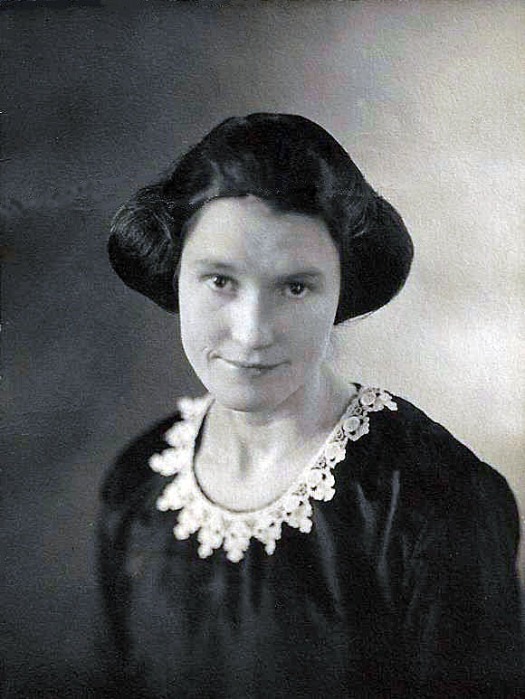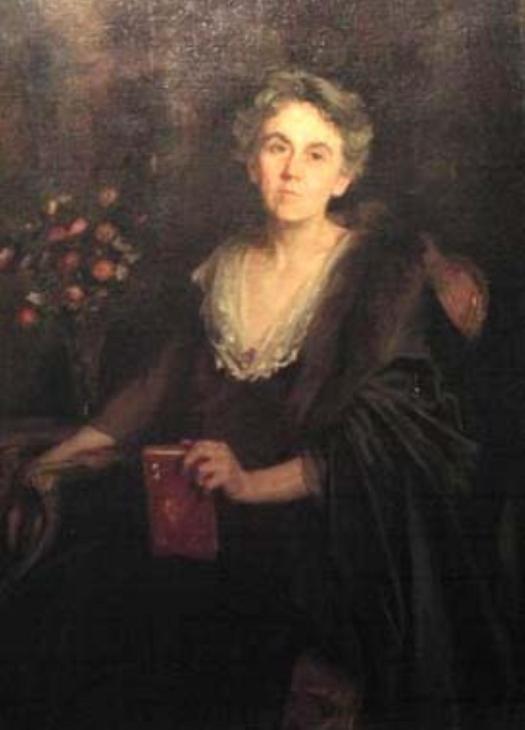Edith Hamilton, whose books popularizing Greek and Roman culture and mythology, was born on August 12, 1867. She died in 1963 at the age of ninety-five. Her books, such as The Greek Way, The Roman Way and, most especially, Mythology, introduced many readers to the ancient myths and their meanings and to the worldviews of people in the classical era. They have been continuously in print and are still popular today.

Before she became an author, after her retirement in 1922, she had been a successful academic and administrator, being the first woman to be enrolled at the University of Munich and later the Head of Bryn Mawr College in Baltimore. She and her partner Doris Fielding Reid, who was also an educator, spent much of their retirement years travelling in Greece and Italy and studying.

Hamilton’s father was a wealthy businessman with an interest in the classics. “My father was well-to-do, but he wasn’t interested in making money; he was interested in making people use their minds” she later said. He taught her Latin and Greek from an early age and she learned French and German from her mother.
She didn’t begin her writing career until she was in her early sixties, beginning with The Greek Way in 1930. Her biographer said of it “The Greek Way renders the ancient Greek mind accessible to the modern reader. It serves up a delectable appetizer of Greek civilization that leaves you begging for the rest of the meal. It is a work of popularization of the highest order.”

Her most popular book is Mythology, published in 1941. By 1957 it had sold over four and a half million copies. I first read it when I was a teenager and loved it. I reread it about ten years ago and was happy to see that it still holds up very well, mostly because Hamilton doesn’t follow any particular theory or mode of interpretation.

Her main project is simply letting the myths speak for themselves as universal stories. Her obituary in The New York Times said that she “brought into clear and brilliant focus the Golden Age of Greek life and thought … with Homeric power and simplicity in her style of writing.”

